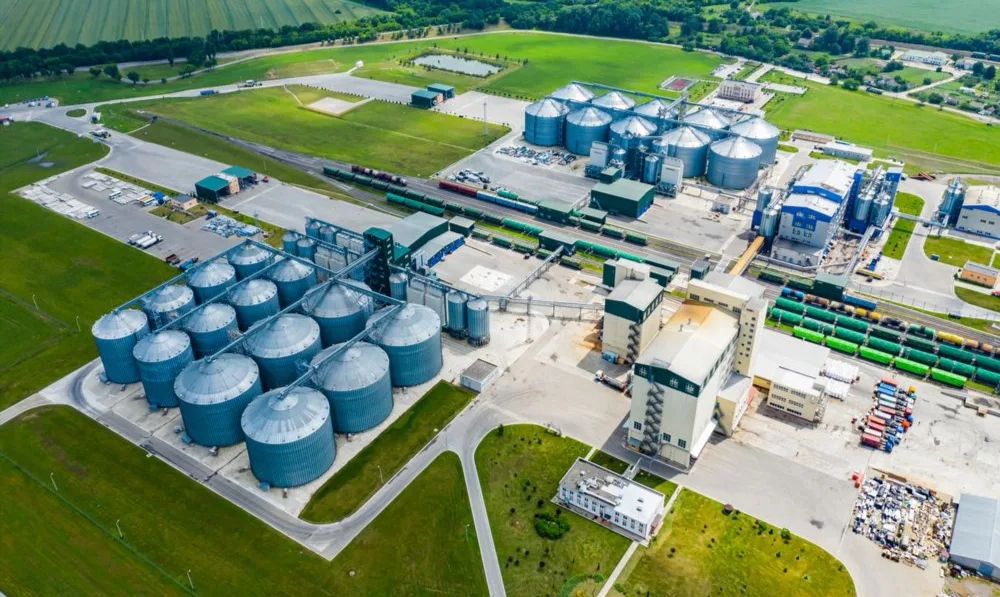
Founded by Uttkarsh Gupta, GRE is sustainable energy company that creates renewable fuel from biomass and bio wastes. The partnership with BioEnergy Germany will introduce India's first Napier Grass Bio CNG Plant.
On Sunday, GRE and BioEnergy Germany signed the partnership agreement to develop 100 BioCNG plants using multiple feedstocks like Napier grass, in India.
Napier grass, elephant grass or Uganda grass, is a species of perennial tropical grass native to the African grasslands. It is specifically stored for the production of biofuels and bio-based products, primarily due to its high cellulose content (34.2-40%), high yields per unit area and drought tolerance.
The Napier grass based bio CNG plant is scheduled to be completed in November and is coming up in Lasanpur Village, Wardha district of Maharashtra. With completion of this state-of-the-art plant, a significant milestone will achieved for India's quest for cleaner and greener energy solutions.
The plant is said to be inspired by the Union transport minister Nitin Gadkari’s speeches, and is claimed to be the country’s first bio-CNG plant using Napier grass as feedstock.
Till date, Napier grass is mainly used in India as a fodder crop, used as feed to the cattle directly or made as hay or even silage to feed farm animals.
The upcoming plant in Maharashtra will not only provide a clean and reliable energy source but will also promote agricultural sustainability and provide new avenues for rural development.
The 20-year-old BioEnergy has built over 300 plants in 12 countries and is currently building the world’s biggest one, in Malawi in southern Africa (where the gas will fuel a 56 MW power plant). BioEnergy has experience in handling 580 types of feedstock.
In India, the reported annual production yield of Napier grass ranges from 150-200 tonnes per acre per year, which is significantly higher (25-35 tonnes per hectare) compared to other energy grasses like miscanthus and switchgrass.
This fast-growing Napier grass can reach a height of 10-15 feet and can be harvested 5-6 times annually.
In February this year, Delhi based CEF Group announced of setting up multiple waste processing plants in various locations in Uttar Pradesh to address the problem of waste mismanagement and augment bio-fuel production, utilising Napier grass as one of the sources for bioenergy. The group is investing ₹650 crore for the same.
Late last month, the GOBARdhan initiative of the Union Government, has said that in a short span of just 60 days, over 1200 plants including 320 CBG plants and 892 Biogas plants, spread across the length and breadth of the country, covering as many as 450 districts have been registered on the GOBARdhan portal.















 IndianWeb2.com is an independent digital media platform for business, entrepreneurship, science, technology, startups, gadgets and climate change news & reviews.
IndianWeb2.com is an independent digital media platform for business, entrepreneurship, science, technology, startups, gadgets and climate change news & reviews.



